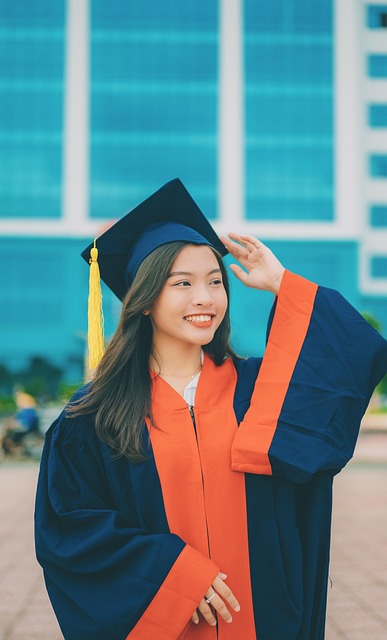A Complete Guide to Studying in South Korean Universities
Explore the opportunity to study in South Korea, where modern campuses meet rich cultural heritage. This guide highlights programs, campus life, and learning experiences, giving you a clear view of what it’s like to pursue education while immersing yourself in South Korea’s vibrant culture.

Understanding South Korean University Systems
South Korean universities operate on a two-semester system, with the academic year typically beginning in March. The higher education system includes national universities, private institutions, and specialized colleges. Most undergraduate programs are taught in Korean, though an increasing number of universities now offer English-taught courses, particularly at the graduate level. Notable institutions include Seoul National University, Korea University, and Yonsei University.
Requirements for International Student Applications
The application process for international students requires several key documents and preparations. These typically include:
-
A completed application form
-
Academic transcripts and certificates
-
Proof of language proficiency (TOPIK for Korean or TOEFL/IELTS for English programs)
-
Letter of recommendation
-
Statement of purpose
-
Valid passport
-
Bank statements showing sufficient funds
-
Health insurance documentation
Financial Considerations and Scholarship Options
| Expense Type | Estimated Cost (USD/Year) | Notes |
|---|---|---|
| Tuition Fees | $3,000 - $10,000 | Varies by university and program |
| Housing | $2,400 - $4,800 | On-campus dormitory |
| Living Expenses | $6,000 - $8,000 | Including food and transportation |
| Health Insurance | $400 - $600 | Mandatory requirement |
Prices, rates, or cost estimates mentioned in this article are based on the latest available information but may change over time. Independent research is advised before making financial decisions.
Student Visa and Documentation Process
International students must obtain a D-2 visa to study in South Korea. The visa application process requires:
-
Certificate of Admission from the university
-
Proof of financial stability
-
Valid passport
-
Completed visa application form
-
Passport-sized photographs
-
Academic records
-
Health certificate
The processing time typically takes 2-4 weeks, and students should apply at least 3 months before their intended departure.
Campus Life and Cultural Adaptation
South Korean universities offer comprehensive support services for international students, including orientation programs, language exchange partnerships, and cultural activities. Most campuses provide modern facilities, including:
-
Well-equipped libraries
-
Research laboratories
-
Sports facilities
-
Student organizations
-
Career counseling services
-
International student support offices
Housing and Accommodation Options
Students can choose between on-campus dormitories and off-campus housing. University dormitories typically offer shared rooms with basic amenities and are more affordable than private accommodations. Off-campus options include goshiwons (small studio rooms), share houses, or private apartments. Many universities assist international students in finding suitable accommodation through their housing offices.
Studying in South Korea presents an enriching academic and cultural experience. Success requires careful planning, from choosing the right university and program to preparing necessary documentation and adjusting to campus life. Understanding these various aspects helps ensure a smooth transition into South Korean university life and maximizes the educational experience.




